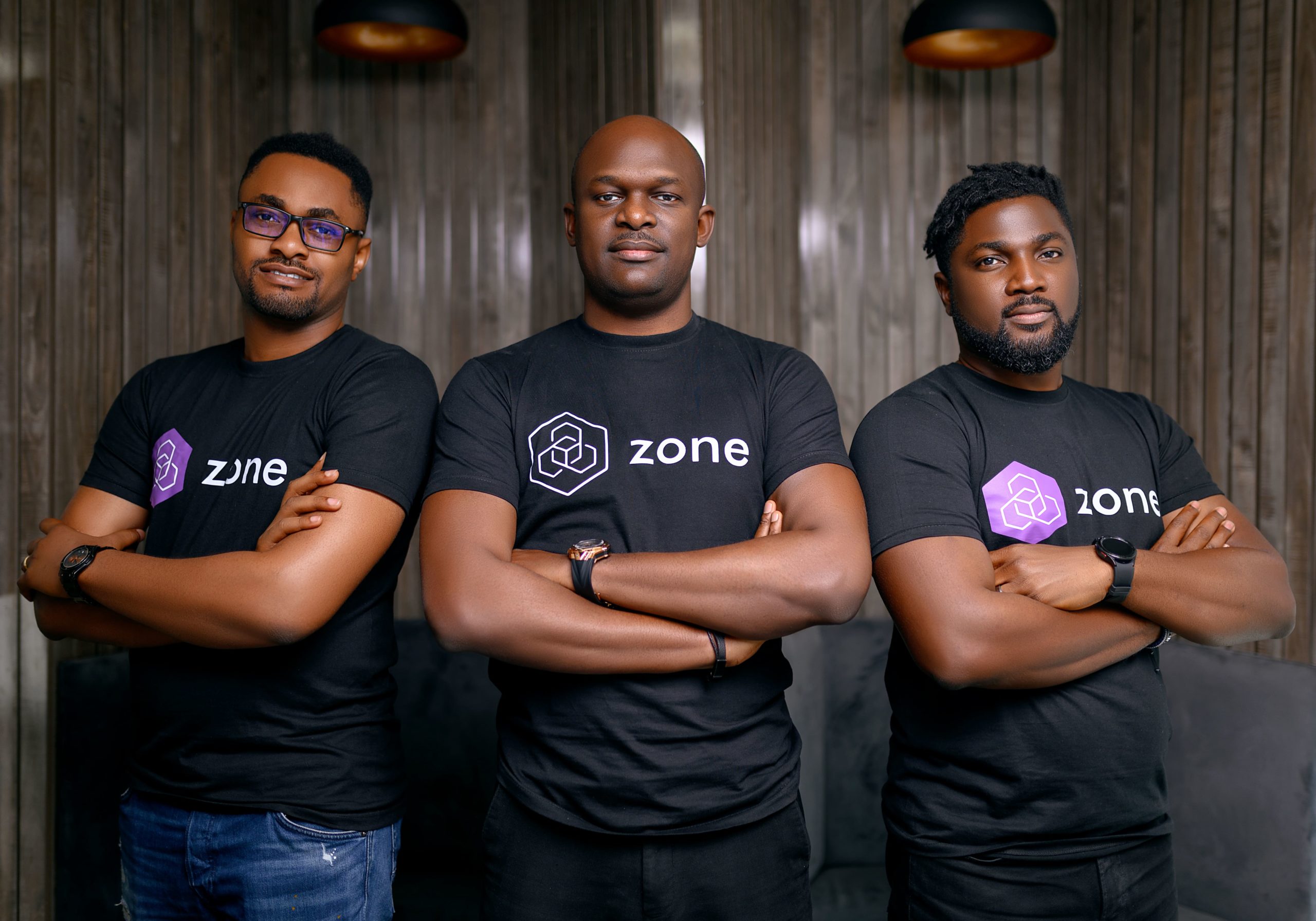Africa’s remittance market has historically been plagued by several challenges. In fact, the average cost of remittance in sub-Saharan Africa—7.8%—is higher than in any other region in the world. For a continent so reliant on cash, intra-continental money transfers are notoriously difficult.
According to data, it costs $54 to send $200 to Tanzania, while in Nigeria, the cost for the same amount is $38. For context, to send $200 to any country in South Asia would only cost $8.6.
The speed of sending money across Africa is another serious issue. It could take days for money to move across borders, a significant impediment to trade across the continent. According to a recent ACI report, Nigeria ranks in the top 10 countries globally with real-time payment, and Kenya is among the top 10 expected to experience the fastest growth in real-time payment. Despite this, transferring money within the continent is a slow and tedious process.
To remedy this problem, Appzone, a fintech software provider, has rebranded as Zone, a regulated blockchain payment infrastructure company. The company has built Africa’s first Layer-1 blockchain network, which will enable direct transaction flow between financial service providers without an intermediary. This move will allow for reduced transaction costs, instant dispute resolution, and reliability across Africa’s payment borders and beyond.
Appzone’s cloud-based Software-as-a-Service (SaaS) platform is also rebranding into Qore, while Zone will be the blockchain-based payment gateway. Appzone was founded by Emeka Emetarom, Obi Emetarom, and Wale Onawunmi in 2008. Two other co-founders, Mudiaga Umukoro and Elendu Uche, have since joined their ranks. Qore will be led by Umokoro and Emeka Emetarom, while Zone will be led by Obi Emetarom, Onawunmi, and Uche.
Zone’s blockchain network
Zone supports both fiat currencies and digital currencies. Earlier this year, it was issued a “payment switching and processing licence” by the Central Bank of Nigeria (CBN), making it the first payment infrastructure company running on blockchain to be licenced in Africa. This is despite the CBN order for all Nigerian banks to close accounts associated with cryptocurrencies in 2021 and the penalising of banks with a hefty fine for non-compliance.
On a call with TechCabal, Zone’s CEO, Obi Emetarom, said, “CBN has been really sceptical about cryptocurrencies because a lot of them do not comply with regulation. Those cryptocurrencies run on blockchain as infrastructure, to some extent, blockchain has inherited those concerns as well. What we did, however, was to kind of sit down with the CBN, before we started talking about licences, to showcase our blockchain network, clearly separate the capabilities of the blockchain network from cryptocurrency itself, and explain how cryptocurrency is just one application of blockchain.”
Layer-1 blockchain networks are the basic infrastructure that other blockchain networks are built upon, and they can validate and finalise transactions. Much like the cloud-based Software-as-a-Service platform that Appzone built for banks across Africa, Zone’s blockchain network will serve as the infrastructure that powers the future of payments on the continent.
“Our role is to manage the infrastructure, make sure performance is really good, make sure the nodes are up, and make sure we are integrated to be able to convert more than one asset, whether from fiat to digital currencies and back. We will also make sure that we have a developer framework or a set of developer tools that can allow third parties to build innovative financial solutions on top of this infrastructure,” said Emetarom on a call with TechCabal.
Zone’s blockchain network is compatible with the Ethereum Virtual Machine network. “We didn’t see the need to build a blockchain framework from scratch, but we have seen the need to adopt blockchain technology that is already widely in use. We’re not part of the Ethereum network, even though we can interoperate with that zone. The technology behind Zone is the same type of technology behind Ethereum.”
He added that the decision to become EVM-compatible was made because Ethereum has the largest market share and is by far the most dominant player in the decentralised finance sector.
A new direction
Appzone’s products currently process over $2 billion annually for over 500 banks, fintechs, and microfinance institutions in seven African countries. When asked what inspired the decision to pivot from such a successful business model to a relatively new one, Emetarom stated that by virtue of Appzone’s significance to the ecosystem, they could see the gaps that currently exist.
He added that the company wanted payments to be more reliable and frictionless. “We started to build out a new architecture, what we consider the next generation of infrastructure for payments. We did a number of POCs (proof of concepts) with the banks and the Central Bank, and they were excited. We went live with the pilot last year, and we started to see strong interest, especially after the Central Bank approved us. Then we realised that, because of the daunting task ahead of us in terms of scaling out this type of new infrastructure into the cashless era that is coming, it would make sense to restructure operations so that we can give this goal the focus it really needs, but without disrupting what we had built. That’s how this transition happened; we decided to carve out the existing business and create this separate standalone company.”
He also added that the fact that Africa still operates with a cash-based economy also motivated the decision to create Zone. According to McKinsey, domestic e-payments in Africa is expected to see revenues grow by approximately 20% per year, reaching around $40 billion by 2025.
Zone plans to expand across the continent through the current financial institutions that use Appzone’s platform. “This is a decentralised payment network. Today, the nodes sit within licensed financial institutions in Nigeria, and the roadmap for the next five years is that we expand nodes to sit across institutions and partners, everywhere on the continent. The idea is that we can deliver in-country payment services, like we’re doing today in Nigeria, but then we will also be able to connect those nodes across the continent. The nodes will be connected in such a way that our cross-border settlement feature could allow funds to flow from one country to another in real time,” said Emetarom.
A new dawn
According to the United Nations, Africa’s population will grow to approximately 1.7 billion in 2030, with a potential for $91 billion in cross-border payments and a retail value of over $1.5 trillion. Although there have been several attempts to solve the remittance problem in Africa from both the public and private sectors, the problem still lingers.
In 2018, several African nations came together to sign the African Continental Free Trade Area Agreement (AfCFTA), which was meant to foster trade across the continent. That agreement gave birth to the Pan-African Payment and Settlement System (PAPSS) in January 2022, which is meant to be a payment gateway that will aid the AfCFTA.
The PAPSS platform processed its first transaction this week, between Ghana Commercial Bank and First Bank of Nigeria Plc., but widespread adoption of the platform is still in the works. Appzone’s rebranding and the leveraging of its large client base across Africa might help fast-track the development and deployment of a true cross-border payment system; however, this is not the first attempt by a private company to do so.
It remains to be seen if a truly functional cross-border payment solution can be created in Africa. However, a complex problem like remittances in Africa requires several solutions, and the current developments are encouraging.




















